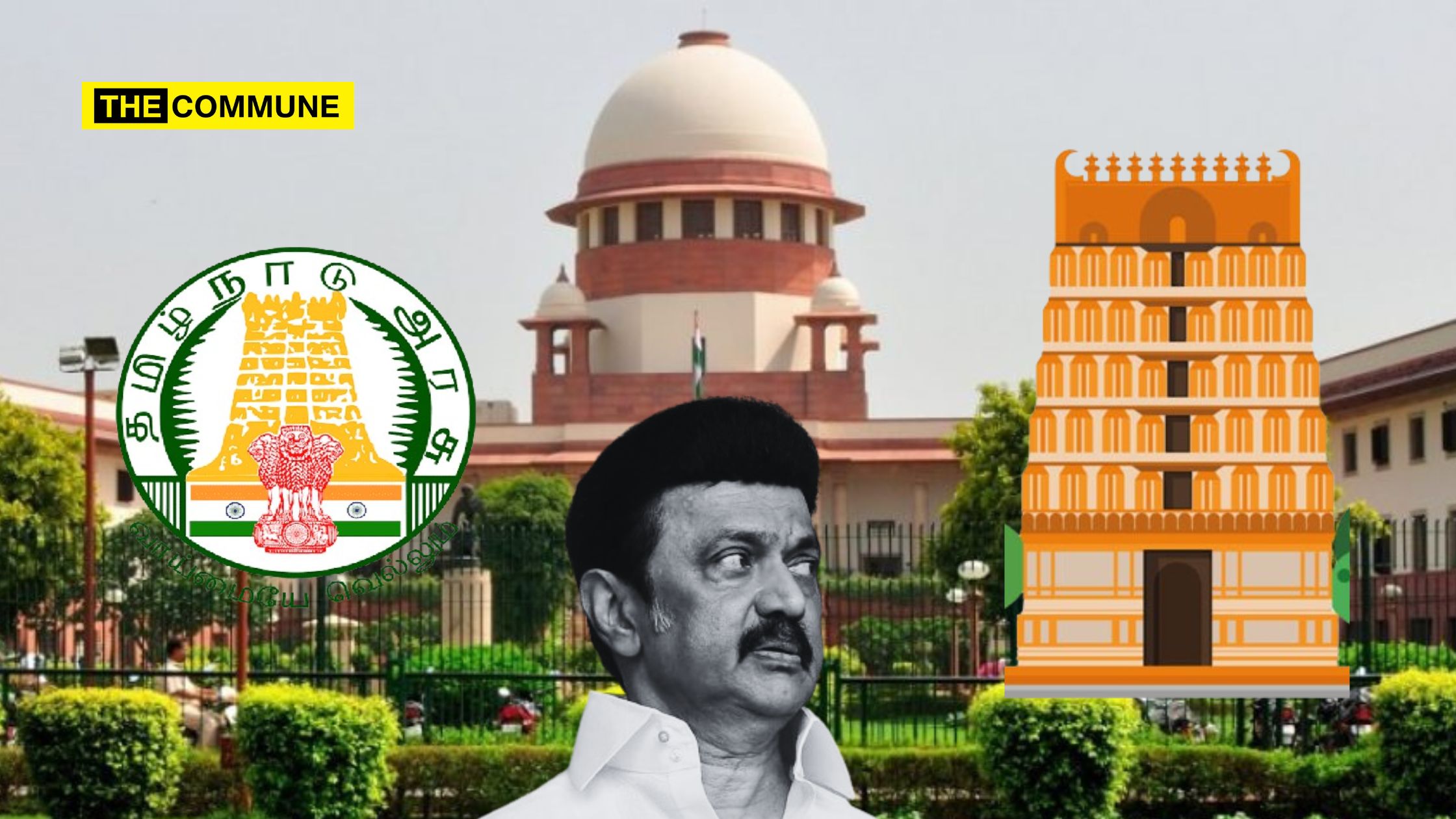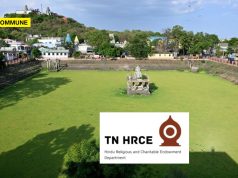
On 8 July 2024, the Supreme Court queried the Tamil Nadu government about their strategies for overseeing private donations and their expenditure. The court’s inquiry stemmed from a Public Interest Litigation (PIL) alleging financial irregularities in temple funds across the state.
The PIL, filed by the organization fighting for temple rights Alayam Kappom, highlighted concerns that many of Tamil Nadu’s 38,000 temples lack appointed trustees, potentially leading to mismanagement of temple finances. The petition specifically called for the return of temple funds transferred to the HR&CE department.
During the hearing, the Supreme Court specifically asked the state government about its plans to regulate the financial inflow to temples and scrutinize the utilization of donations from thousands of temples in Tamil Nadu. The court emphasized that while using funds for societal benefits like education is acceptable, any misuse, such as for purchasing luxury items like high-end cars, would be deemed inappropriate.
#BREAKING | தமிழ்நாட்டில் ஆயிரக்கணக்கான கோயில்களுக்கு வரும் நன்கொடை நிதி எவ்வாறு செலவிடப்படுகிறது? – உச்சநீதிமன்றம் கேள்வி
கோயில் நன்கொடை நிதியை கல்வி நிலையங்கள் போன்ற சமூக நலத் திட்டங்களுக்கு பயன்படுத்தினால் எந்தப் பிரச்சினையும் இல்லை – உச்சநீதிமன்றம்
கோயில் நிதியில் உயர்ரக… pic.twitter.com/ow2iYR7LYX
— Thanthi TV (@ThanthiTV) July 8, 2024
Previously in April 2024, “Alayam Kappom” organization accused temple authorities involves the misuse of temple donations made by devotees, following a police complaint alleging the misappropriation of ₹1.34 lakh from the funds of the Lord Agatheeswarar Prasanna Venkatesa Perumal Temple in Nungambakkam, Chennai.
Ramanan, an auditor affiliated with the “Alayam Kappom” organization, lodged the complaint on April 24, 2024. He was supported by documented evidence and materials gathered, with former idol wing IG Ponn Manickavel serving as an advisor to the organization.
The complaint specifically points out the alleged diversion of ₹1.35 lakh from the temple funds during 2017-18. These funds were reportedly redirected to cover expenses such as tea, coffee, snacks, and meals for the HR&CE Commissioner’s office. This diversion is considered a grave offense, potentially leading to imprisonment under Sections 406 and 409 of the Indian Penal Code, as established by a Supreme Court precedent.
Subscribe to our channels on Telegram, WhatsApp, and Instagram and get the best stories of the day delivered to you personally.




